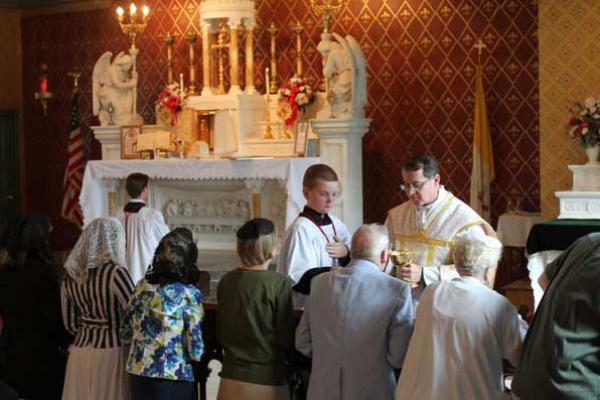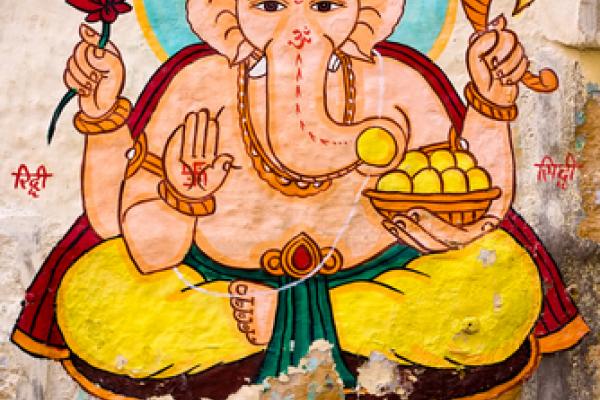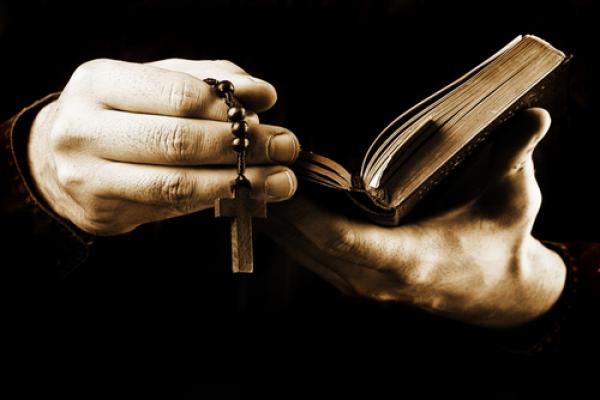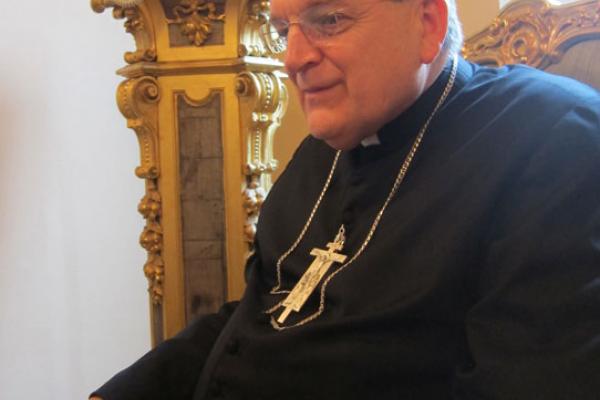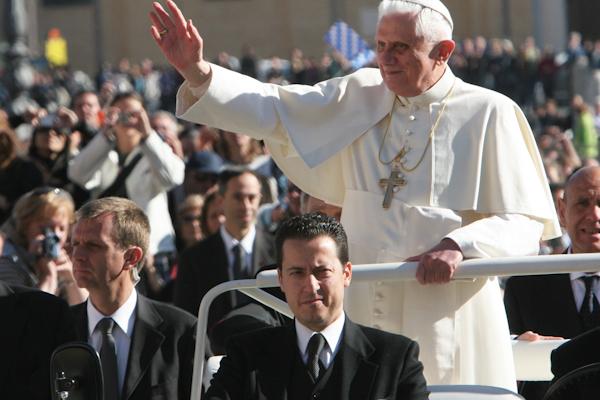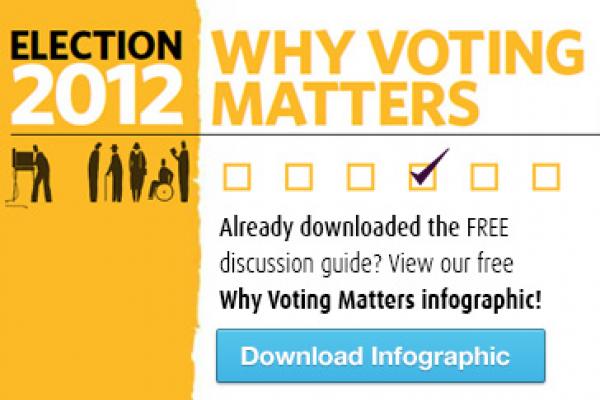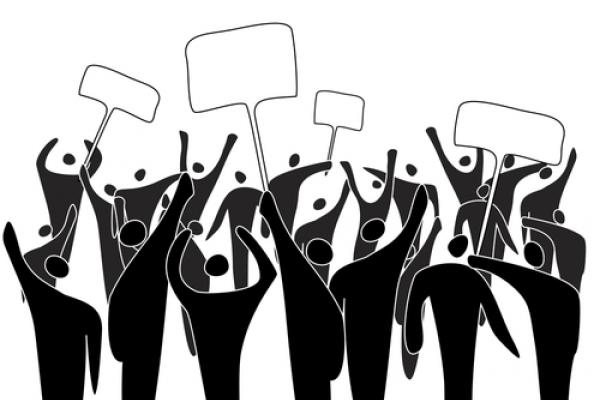Pope Benedict XVI has reportedly told the traditionalist Society of St. Pius X (SSPX) that they must accept the Second Vatican Council, a move that might seal the fate of years of negotiations to bring the group fully back into the Catholic fold.
The Italian religion news portal Vatican Insider reported on Sept. 27 that SSPX Bishop Bernard Tissier de Mallerais revealed at a conference in France on Sept. 16 that Benedict wrote a letter “with his own hand” to the group's superior, Bishop Bernard Fellay.
According to Tissier de Mallerais, Benedict stated in the June 30 letter that the SSPX, “in order to be truly reintegrated into the Church,” must “truly accept the Second Vatican Council and the post-conciliar Magisterium.”
Vatican sources confirmed the report's accuracy.
A man who assaulted two men because he thought they were Muslims and was then ordered to write a report on the cultural contributions of Islam has a new assignment — to write a report on the history of Hinduism.
Bay County Circuit Judge Joseph K. Sheeran on Monday sentenced Delane D. Bell, 26, to two years of probation, with the condition that he pen a 10-page report on Hinduism, the world’s third largest religion.
Last March, Bell pleaded no contest to a two-year felony count of ethnic intimidation, stemming from an incident that occurred on Nov. 26, 2011. At that time, Bell was standing outside a bar when he yelled “jihad” and “Osama bin Laden” at two men of Indian descent. He then punched one of the men and struck the other’s car.
When Bell entered his plea, Sheeran ordered him to write a 10-page report on “the greatest accomplishments of Muslims.”
An Illinois priest who was forced out of his parish by his bishop for improvising prayers during Mass has had his suspension reversed by the Vatican.
The Vatican decided in favor of the Rev. William Rowe on one of three counts, saying Bishop Edward Braxton of Belleville, Ill., had not followed the proper procedure.
The Vatican's reversal means he can celebrate Mass in another diocese, Rowe said, as long as he has the local bishop's approval. Others, however, disputed that interpretation of the decree.
In a letter that accompanied the document, Monsignor Antonio Neri, an undersecretary of the Vatican's Congregation for the Clergy, said Rowe could only return to celebrating Mass “when you shall have acknowledged your error and formally promise to dispose yourself to adhere to the rights and rubrics of the sacred liturgy set down by the lawful ecclesiastical authorities.”
The Vatican sided with the bishop on two counts: upholding his removal from the parish, and agreeing with the bishop's withdrawal of the priest's "faculties" — or his license to practice ministry under church law.
When some American Catholics worry that the hierarchy is tilting toward the Republican Party, or taking the church back to the 19th century (or earlier), they often point to Cardinal Raymond Burke as Exhibit A.
That’s understandable, because love him or loathe him — and few are on the fence — Burke’s many pronouncements on politics and the culture wars have given both fans and critics plenty of ammunition for their respective views.
Back when he was archbishop of St. Louis in 2004, for instance, Burke touched off a fierce debate by declaring that Catholic politicians such as John Kerry who support abortion rights should be denied Communion. Voters who supported them were in grave peril too, he added.
Burke doubled down on those views after Pope Benedict XVI appointed him to a top Vatican job in 2008, saying that under President Obama the Democratic party “risks transforming itself definitively into a ‘party of death’.” In 2009, Burke fueled another controversy when he said that the late Sen. Edward Kennedy should have been denied a church funeral for his support of abortion rights and gay rights.
The Vatican's most sensational trial since the end of the Inquisition might end fairly quickly — and with a surprisingly light sentence.
Paolo Gabriele, Pope Benedict's former personal butler, goes to trial on Sept. 29 for stealing the pontiff's private papers and leaking them to the press. His crime proved a global embarrassment for the Vatican, revealing infighting and allegations of corruption among the secretive top echelons of the Catholic Church.
But, according to professor Giovanni Giacobbe, a Vatican prosecutor, a conviction carries a maximum jail term of only four years in the lenient legal system of the world's smallest state.
Gabriele was arrested by Vatican police on May 23, and will be tried for “aggravated theft” together with Claudio Sciarpelletti, a computer technician at the Vatican's Secretariat of State who has been charged with aiding and abetting Gabriele.
At its best, Christian faith provides a moral compass for advancing the common good. At worst, Christianity can be hijacked by partisan political agendas that divide and destroy. Sojourners encourages you to develop a robust and well-informed conscience around elections, measuring candidates and their platforms against Christian ethics and values. While we must be careful about translating scripture directly into public policy positions, there are principles and suggested approaches on a range of issues that can provide a critical framework to shape our perspective on public policy.
As we have since 2004, Sojourners has published an issues guide of principles and policies for Christian voters. We encourage you to use this guide to educate yourself on these issues. This can inform you as you write letters to candidates or to your local newspaper, call radio talk shows, and ask candidates at forums or town hall meetings questions based on these principles. Think and pray about whom, you would entrust with the responsibility to lead your community, state, and nation.
According to Article 19 of the Universal Declaration of Human Rights, “Everyone has the right to freedom of opinion and expression; this right includes freedom to hold opinions without interference and to seek, receive and impart information and ideas through any media and regardless of frontiers.”
Similarly, the First Amendment to the United States Constitution declares “Congress shall make no law…prohibiting the free exercise of; or abridging the freedom of speech…”
While certain opponents exist, most of us agree that free speech is an essential ingredient for a mature democracy, thus it should be encouraged, protected, and further developed. With these thoughts in mind, while we should indeed celebrate the numerous positive outcomes of free speech in the USA, we should also account for its costs, for even the most worthy of causes – such as free speech – bring an assortment of unintended negative consequences.
As our November Election Day draws closer, we are mindful that a defense of free speech has led to millions of dollars directed toward ads, phone calls, literature distribution, and other activities that seek to sway the electorate. As countless studies have shown, the totality of these campaign strategies holds a significant impact on voter decisions and overall turnout.
